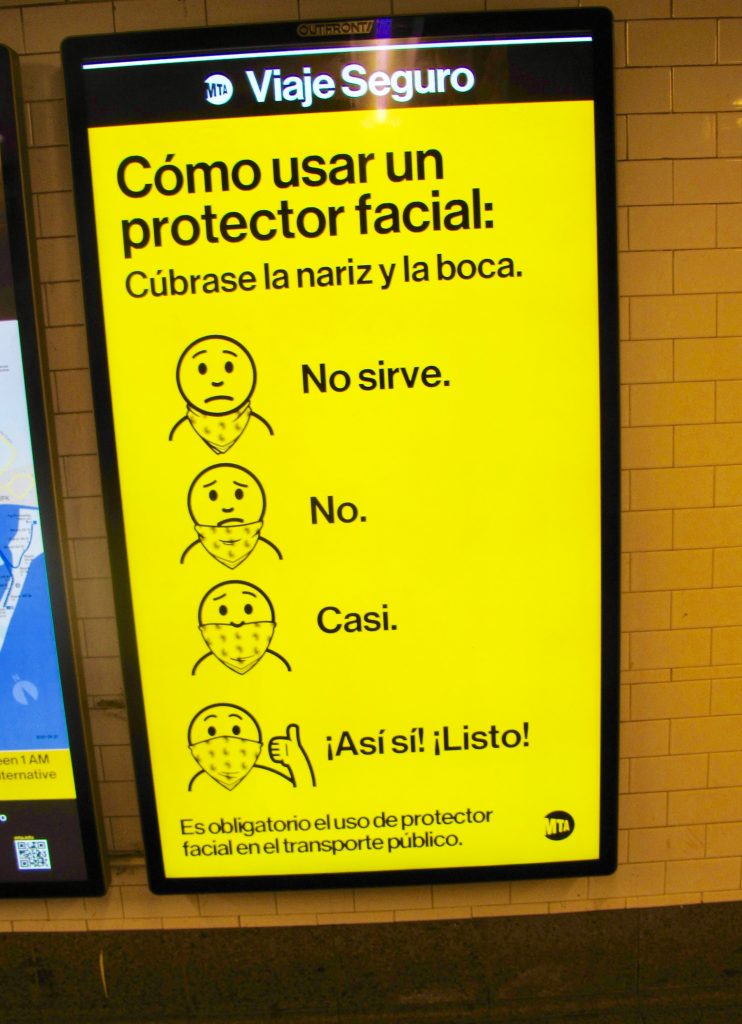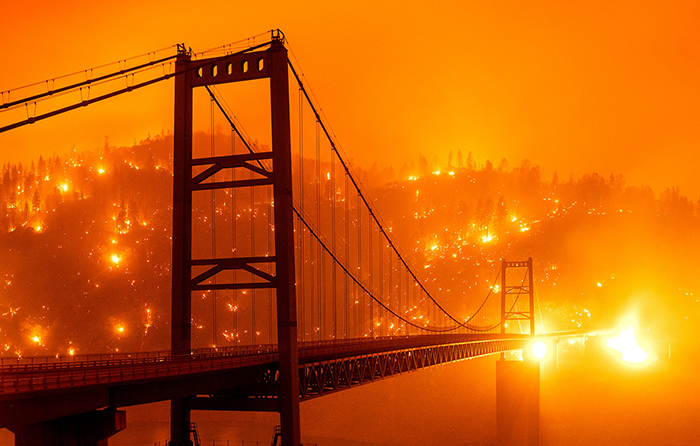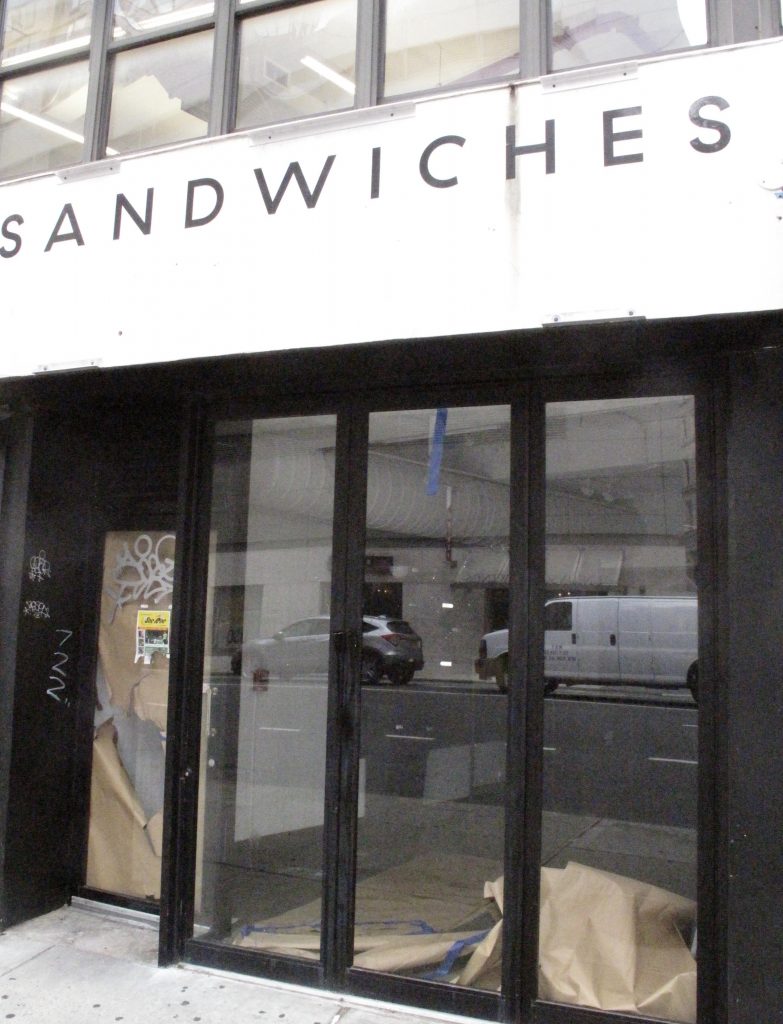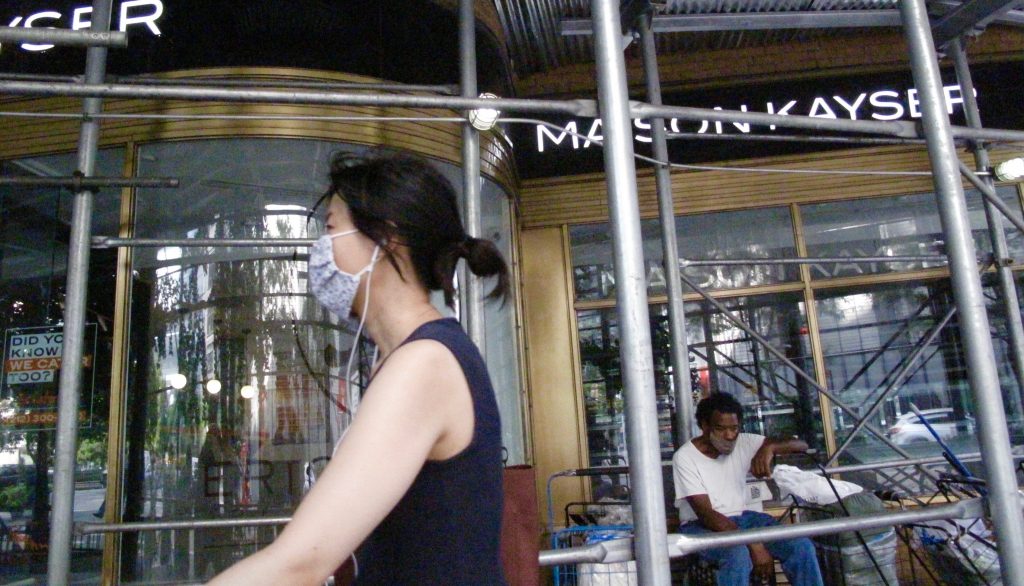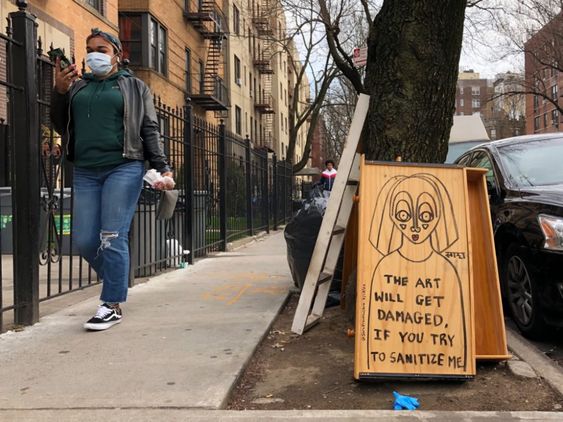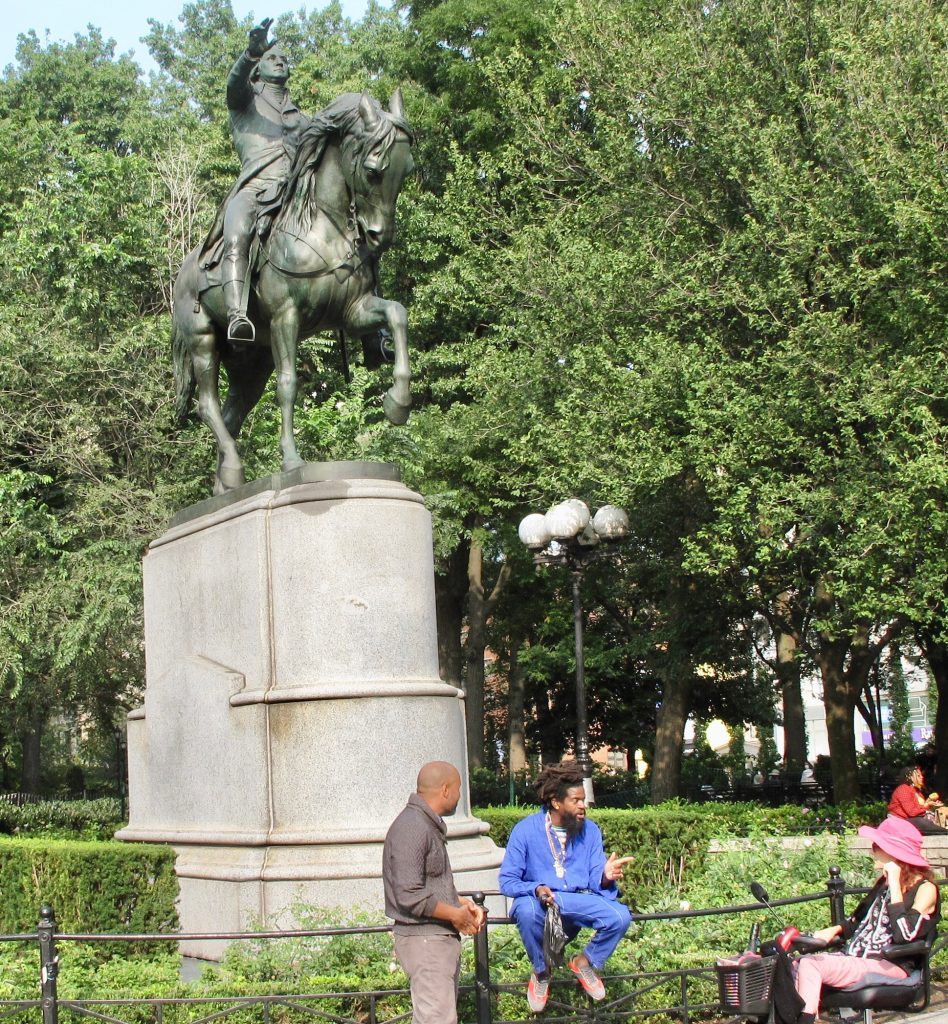
Tuesday, September 15
Panic—mad panic—is striking the small businesspeople of America.
At least those that have not yet been driven out of business. They can see the possible end of everything and are lashing out.
Two examples: Yesterday while I was doing the laundry in the basement of our Manhattan apartment building, I was approached by the superintendent, who demanded that I allow him to paint our apartment.
Now it happens that he is not only the super, he also runs a painting and apartment-refurbishing business. He handles these chores for our building with the knowledge and approval of the building management.
Anyway, our apartment WAS repainted—most of it in any case—only two or three years back. They didn’t do the kitchen or the small bedroom that we use as a study. Why, I couldn’t say. Now, I think, that’s what he wants to do.
We haven’t prevented his workers from doing this painting. But he seemed to think we have, and he was furious.
I didn’t say, but—you want to do painting in the middle of a pandemic lockdown?!? You want to send a crew of painters into our apartment—even as the building elevators instruct that no more than two passengers are allowed per car!?
I put him off, but I expect I will hear more in days to come.
Next case: I received a very pointed letter from my dentist, who after all is a small businessman, with all the overhead and personnel burdens of any other small purveyor of services. (Not long ago, he told me that his office rent was $15,000 per month! Back in the 1980s, when the Union Square area was regarded as squalid and crime-ridden, he paid only a few hundred per month.)
This unhappy and angry note said that it had been over a year since my last examination and cleaning. That he had “tried to reach you both by telephone and numerous recall reminders without success,” and threatened to “remove your name and address from our active patient files.”
Huh? Wasn’t their office, like most others, closed for several months due to COVID-19? Moreover, I telephoned THEM from East Hampton only a couple of weeks ago and was told that they were booked up for the foreseeable future and could only take me if they had a cancellation. I told them that I would be back in Manhattan during the first two weeks of September—but no go, they had no openings.
Now, it seems time rests heavily on their hands.
I immediately telephoned and, ready to make an abject apology if need be, I made an appointment with the hygienist for this afternoon.
What will the atmosphere in their office be like? Will they be giving out extra doses of novocaine—or maybe extra doses of pain, a la the dentist in Marathon Man?
Dinner: Shakshuka with feta, crumpets, and a lettuce, cucumber, and tomato salad.
Entertainment: an episode from season three of Hinterland on Netflix, plus one episode of Britbox’ new sad-sack comedy Don’t Forget the Driver.

